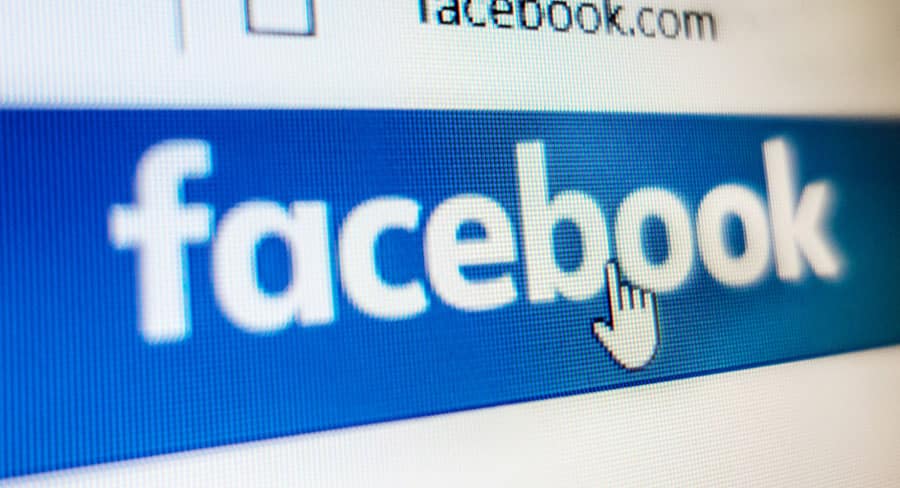Facebook continues to earn more than $2.5 million per day from paid digital advertising while depriving Australians of news and access to hundreds of charity and advocacy websites, according to an analysis by the Australia Institute’s Centre for Responsible Technology.
According to the ACCC, Facebook is an advertising company with monopoly power in Australia, accounting for 28 per cent of all advertising spending. After a windfall year in 2020 when its Australian advertising revenue rose to approximately $896 million as part of global revenue of $28 billion, Facebook has chosen to leave its advertising channels running through its news blackout.
Facebook has pursued an aggressive tax minimisation strategy, only paying a reported $17 million tax in Australia despite advertising revenue of almost $700 million in 2019.
“Facebook’s Australian news blackout shows both its enormous market power and its contempt for fact-based journalism,” said Peter Lewis, director of the Australia Institute’s Centre for Responsible Technology.
“That’s why all levels of government, from federal to local, civil society and business should review the amount of money they spend on Facebook and consider suspending further buys until Facebook returns news and civil society sites back to their network.
“Many government and civil society pages were caught in the botched algorithmic dragnet last week. While some of them are back up, many of them are now in a process of re-applying for access to the site which may take weeks.
“We do recognise that some organisations, due to Facebook’s enormous market power, have become wholly reliant on Facebook advertising to reach their audiences and for those for whom where suspension is not possible, a broader review of this dependence is timely.
“Meanwhile, Facebook is happily harvesting millions in marketing and advertising revenue from these same organisations.
“We estimate the Federal Government currently spends around $20 million per year on the platform alone. Redirecting some of this spending to local and community news outlets would contribute to their viability.
“Australians are in a fight with one of the biggest and strongest companies on Earth, interrupting its flow of money is one thing government, business and civil society can do to stand behind our democratically elected representatives.”
